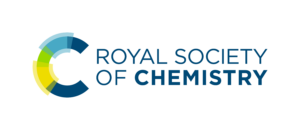Women in Pharmaceutical Medicine

Kick-started in January 2021, FPM’s Women in Pharmaceutical Medicine project set out to evaluate potential differences in the experience and barriers in the career progression of women in pharmaceutical medicine.
Through a detailed survey and a series of focus groups, we have gathered compelling evidence that, while the experiences shared by women in our specialty are more positive than those reported in other sectors, like in academia or in the National Health Service, shared anecdotes of gender and ethnicity bias by participants show that biases are present in the workplace that may inhibit career advancement for women, particularly women of colour, in pharmaceutical medicine.
You can read comments from our leadership and download the full report below.




